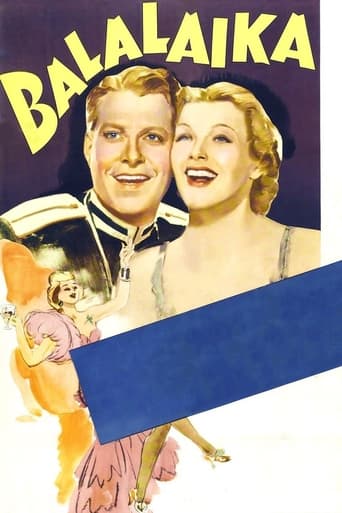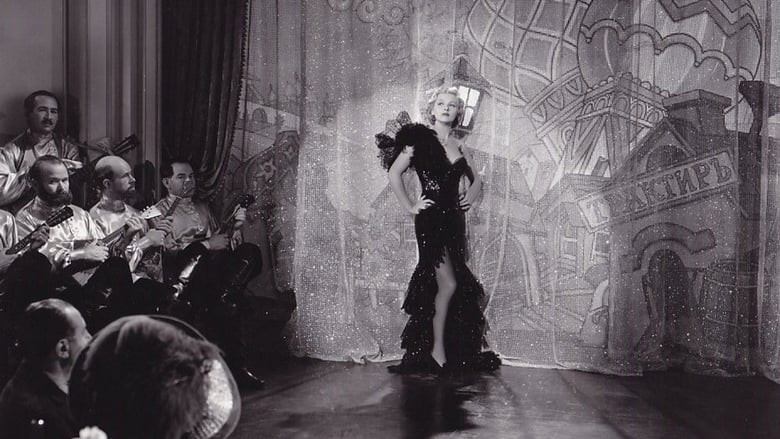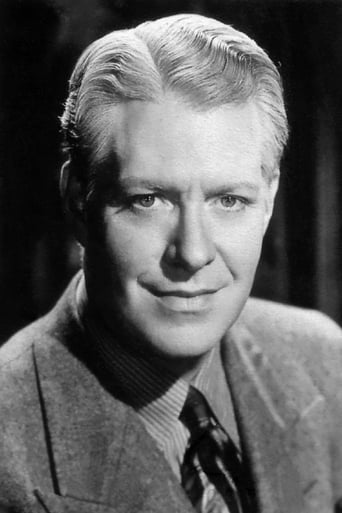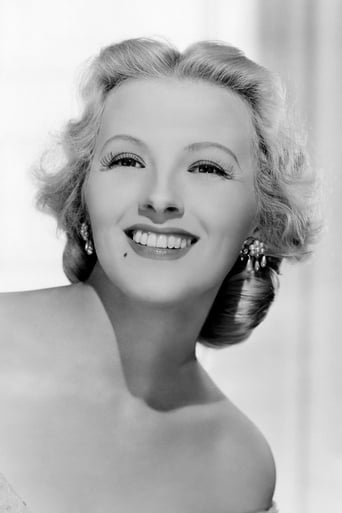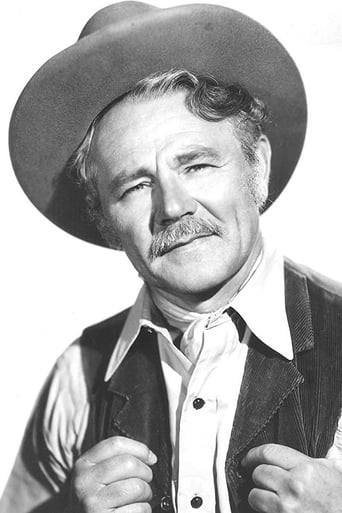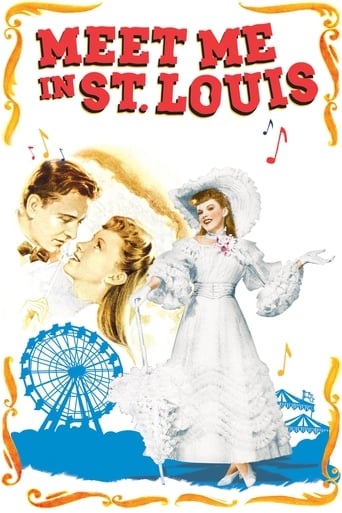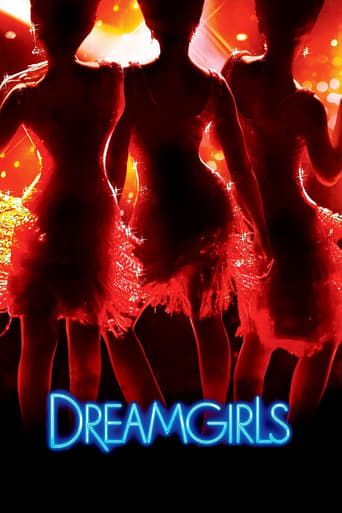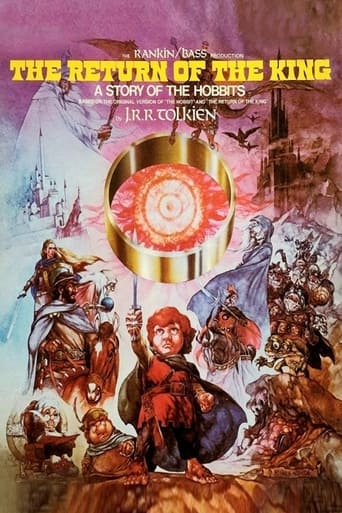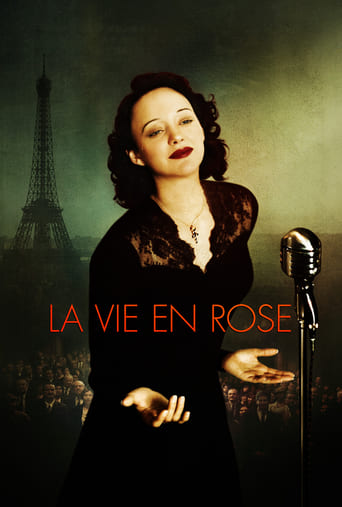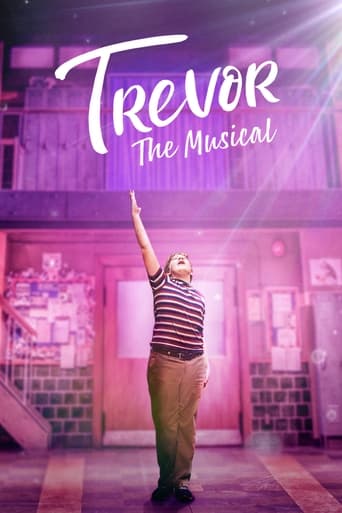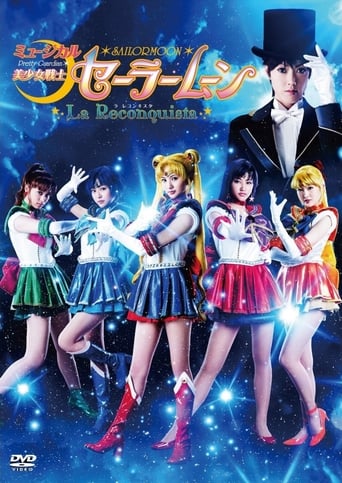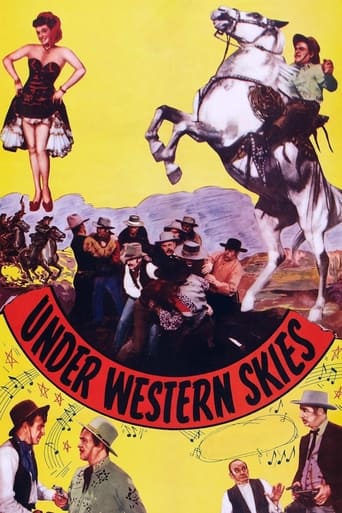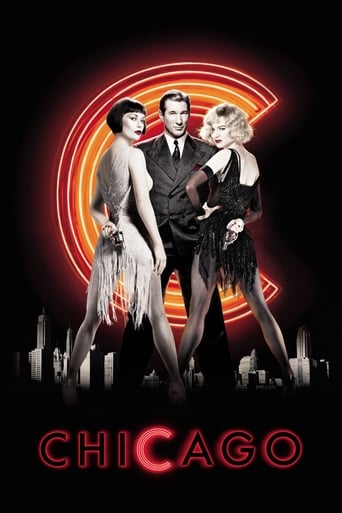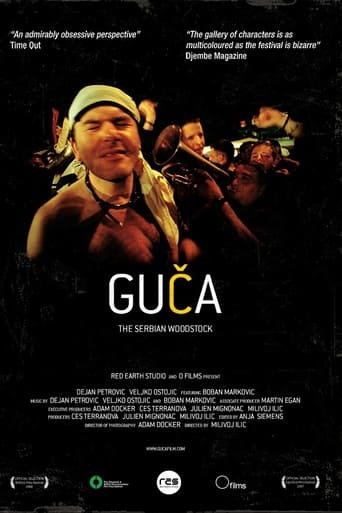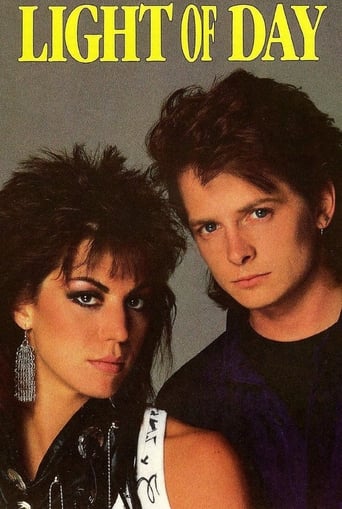Balalaika (1939)
A Russian prince disguised as a worker and a cafe singer secretly involved in revolutionary activities fall in love.
Watch Trailer
Free Trial Channels
Cast


Similar titles
Reviews
everything you have heard about this movie is true.
if their story seems completely bonkers, almost like a feverish work of fiction, you ain't heard nothing yet.
Worth seeing just to witness how winsome it is.
This is a coming of age storyline that you've seen in one form or another for decades. It takes a truly unique voice to make yet another one worth watching.
A balalaika is a three-string instrument played like a guitar. Its body is triangular and the pitch is a higher range. It's one of the principal instruments in Russian folk music. In this film, Balalaika also is the name of a restaurant or nightclub in St. Petersburg during the last years of imperial Russia. Some of the early scenes take place in the restaurant that offers up a good menu of singing and Russian music."Balalaika" is a very good musical romance with a tinge of drama and look at a period in history. The music, performers and the costumes make this film. Ilona Massey appeared two years earlier in "Rosalie" that starred Nelson Eddy and Eleanor Powell. This film was the only pairing of Eddy and Massey as leads. Massey is excellent in her role as Lydia Marakova. She has a beautiful voice and appearance, and she can act. Others have commented on her fine voice and relatively short Hollywood career. She had only a few more minor singing roles in later films, along with roles in several films of other genres. Massey sings five songs solo or with chorus backing, and she sings several other numbers with Eddy and others. She gives a wonderful rendition of the Russian favorite, "Otchi Chornia" (Dark Eyes). Nelson Eddy plays a double role as Prince Peter Karagin and as Peter Teranda. He has six solo or chorus backed songs. Among these is his marvelous "Song of the Volga Boatmen" (El Ukhnem), which he sings in Russian. Another standout number is from a scene where the Russians are entrenched against the Austrians during the First World War. It's Christmas, and the Russians first hear the Austrians singing "Silent Night" in Russian. Eddy, a prince and general of the Russian army, responds and sings "Stille Nacht" in German to the Austrians. A fine supporting cast contributes mostly to the music and light comedy of the film. Charles Ruggles is superb as Nicki Popoff. Frank Morgan is Ivan Danchenoff, Lionel Atwill is Prof. Marakov and C. Aubrey Smith plays Gen. Karagin, the prince's father. The musical romance of the film overlays a drama with historical aspects. The latter are very awkward. The plot runs from the end days of czarist Russia to the start of World War I. It then jumps past World War I and the Bolshevik Revolution to Paris of the early 1920s. No doubt, Hollywood's attempts in 1939 not to rankle the feathers of the Soviet Union have something to do with the weak historical aspects. The historical is interesting, but that part of the story is very choppy. The film ends in Paris in the early 1920s, with the displaced Russian royalty. This movie is based on a 1933 musical play, "The Great Hussar," that opened in London in October 1933. It was quite successful, enjoying a run of 569 performances through the end of 1936. The movie was well received by critics. In the year that produced the highest number of great films, "Balalaika" topped made a little more than its budget at the box office. The music, performances, sets and costumes contribute to a very good and enjoyable film. "Balalaika" is especially a look at a fine female singer whom many would like to have enjoyed in more musicals.Here are some favorite lines from this film. For more humorous dialog, see the Quotes section under this IMDb Web page of the movie.Peter Teranda, "Don't they put numbers on these houses?" Policeman, "The new numbers are on brass plates. That's progress. The janitors sell the brass plates for vodka. That's Russia."Ivan Danchenoff, after the opera cast applauds following Lydia's audition, "Silence! I don't hire you to applaud but to be applauded."Lydia, to Peter while they are racing in a horse-drawn carriage, "Oh, careful. You're going too fast." Peter Teranda, "Who? Me or the horses?"A soldier in the trenches, "Calvary stew." Another soldier, "We used to ride 'em and now we eat 'em."Jeanette Sibirsky, "What exquisite jewelry." Madam Danchenoff, "I'm afraid they're just copies, my child." Ivan Danchenoff, "Yes, yes. We ate the originals... indirectly."Michael Sibirsky, speaking of his wife, "Once I commanded the czar's own guard. Now she commands me."The elderly Princess Natalya Petrovna asks Nicki Popoff to dance with her in Nicki's Parisian cafe. Nicki, "Oh, your highness. Well, and to think it took a revolution to bring us together."
Balalaika is not the worst of Nelson Eddy's films, that's I Married an Angel and even that for this viewer was not that bad. But it's not even close to the likes of Maytime, New Moon and The Chocolate Soldier. Balalaika is a decent and quite nice film but did come across as very problematic. Eddy has never been the best of actors(his best performances have been in Chocolate Soldier, Maytime and Let Freedom Ring), and Balalaika doesn't really change that perception. He is at least better than he was in The Phantom of the Opera and I Married An Angel and at least he is more convincing as a Russian than he was as an Austrian in Bittersweet. But he is very stiff and wooden here, he has charming moments but he never looks comfortable. The story is also very predictable, cumbersome and even silly(at times), and the pacing can be rather dull. The script fares little better, often awkward sounding and lifeless- the film was strongly censored at the risk of offending so that could be why- while the humour is mild and unfortunately not very funny. Charles Ruggles fares the best in the supporting cast, but excepting the last fifteen minutes where he's affecting Frank Morgan's comic talents are not really put to good use and his performance is somewhat indifferent. The costumes and sets are beautiful, and the crisp black and white photography is especially striking in the Ride Cossack Ride and Stille Nacht (Silent Night) sequences, ones that is stirring for the former and poignant for the latter. The score and songs are a treat to listen to, At the Balalika, Ride Cossack Ride, Song of the Volga Boatmen and Toreador Song are particularly great. Frank Morgan's song in the last fifteen minutes is also very moving, as is the ending itself. Even if his acting is not up to snuff, Eddy still produces some magnificent singing in Balalaika(the best thing about the film), always robust and beautiful and at its best in Ride Cossack Ride and Song of the Volga Boatmen. And extra credit for singing in four languages in one film, you don't hear that very often. Ilona Massey looks absolutely stunning- even that doesn't do justice to her beauty actually- and a worthy leading lady for Eddy. They work well together and blend nicely(if not quite as much as Eddy and Jeanette MacDonald). In conclusion, a nice decent film but a long way from one of Nelson Eddy's finest hours. 6/10 Bethany Cox
I found this film enjoyable for a number of reasons. First, the black and white cinematography, which contributes to the moods of the scenes. A romanticized version of Soviet Russia is presented and the lighting, scenery and music all play their parts in this portrayal.The film was released in 1939 (the golden year of cinema) and at that time, the U.S. was debating its role in the world conflict that was developing. There was a general ignorance of the Stalin atrocities and an ambivalence about Russia as ally or enemy. Portraying Russia as a victim of WWI was not unrealistic and contributed to the sympathetic depiction of the nation and its peoples.As other writers have written, Nelson Eddy acts rather stiffly. But I found his singing very enjoyable. The object of his affections, played by Ilona Massey, is rather charming and talented. THe other players were amusing and talented. The Wizard of Oz was released the same year. If anyone happened to see Balalaika and TWOZ back to back, they must have done a double take when they saw Frank Morgan in his mustache and his busby playing nearly identical roles. In Balalaika, the applicable scene is near the end of the film. In TWOZ, he played the guard to the city of Oz (among other roles). In a few (long) years--after WWII--America's view of Soviet Russia would change dramatically. Here is a view of Russia before the American public came to see Russians as enemies.
Nelson Eddy and Ilona Massey Make a handsome couple in a gorgeous setting. Ilona portrays an anarchist in pre WW1 Russia who falls in love with a Russian prince, played with strength and humor by Nelson Eddy. Their duets are pleasing, and Nelson sings magnificently in Russian, German, French and English. The black and white photography captures the period and costumes well, and the two stars are so strikingly similar in looks, they could easily be siblings. Nelson demonstrates once again, what a loss he was to opera, but how fortunate to have him on film and hear that magnificent baritone.

